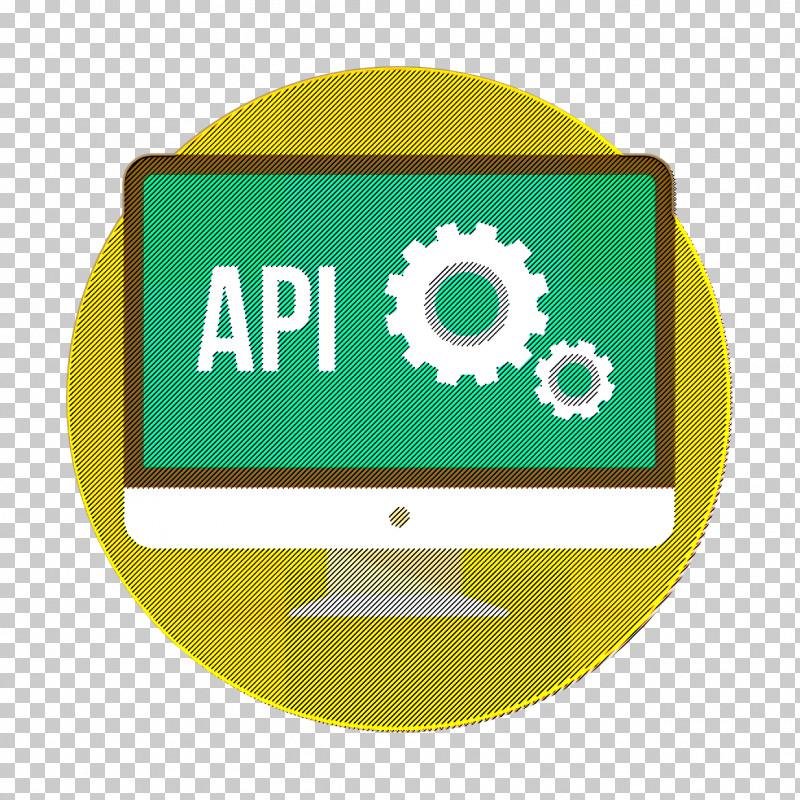


APIs enable integration so that these platforms and apps can seamlessly communivate with one other. This is because the enterprise uses many cloud applications to link resides outside of IBM. Companies can automate workflows and improve collaboration through this integration.
API allow companies to make connections with new business partners, offer new services to their existing market and access new markets that can generate massive returns and drive digital transformation. The reasons is APIs offer flexibility.
Many companies can build an audience of developers around their brand and forge relationships with potential business partners through APIs for free.
APIs will create an addded layer of protection between data and server. So that, developers can further strengthen API securiy by using tokens, signatures and Transport Layer Security (TLS) encryption by implementing API gateways to manage and authenticate traffic and by practicing effective API management.
API is the function that enables people to log in to websites by using their Facebook, Twitter or Google profile lagin details. This convenient feature allows any website to leverage an API from one of the morre popular services to quickly authenticate the user. This can help users to save their time and hassle of setting up a new profile for every website service or new membership.
The API allows people to pay for products onlune without exposing any sensitive data or granting access to unauthorized individuals.
API provide application users with access to the latest information availability from hotels and airlines. APIs dramatically reduce the time and effort involved in checking for available flights or accommodation with an autonomous exchange of data and requests.
The core APIs that display static or interactive maps, the app utiliizes other APIs and features to provide users with directions or points of interest. The user can communicate with the Maps API when they plotting travel routes or tacking items on the move by geolocation and multiple data layers.